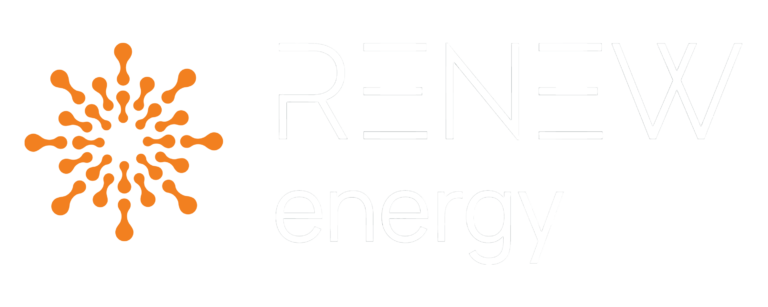As the world shifts towards sustainable energy, California remains at the forefront, leading the charge with innovative solar initiatives. For homeowners and businesses alike, understanding these programs and their benefits is crucial. This blog will explore the Solar Stimulus Program in California, the VA Solar Panel Program, the essentials of a solar electric system, the role of a solar energy consultant, and the benefits of solar for new homes.
Solar Stimulus Program California
The Solar Stimulus Program in California is a vital component in the state’s efforts to promote renewable energy. This program offers significant incentives for residential and commercial solar installations, making solar energy more accessible and affordable. By reducing upfront costs through rebates and tax credits, the program encourages the adoption of solar power, ultimately aiming to reduce the state’s carbon footprint.
Residents and business owners can benefit from various financial incentives, including the Federal Solar Investment Tax Credit (ITC), which allows for a 26% deduction of solar system costs from federal taxes. Additionally, California’s Net Energy Metering (NEM) policy enables solar panel users to sell excess energy back to the grid, further offsetting costs.
VA Solar Panel Program
Veterans and active-duty military members can take advantage of the VA Solar Panel Program, designed to support those who have served the country. This program provides financial assistance and incentives specifically tailored for veterans, making it easier for them to invest in solar energy systems.
The VA offers several loan options for solar installations, including VA Energy Efficient Mortgages (EEMs), which allow veterans to finance the cost of energy-efficient upgrades, including solar panels. By integrating solar energy into their homes, veterans can reduce energy bills, increase property value, and contribute to environmental sustainability.
Solar Electric System
A solar electric system, also known as a photovoltaic (PV) system, converts sunlight into electricity. This system consists of solar panels, an inverter, and a monitoring system. The solar panels capture sunlight and convert it into direct current (DC) electricity. The inverter then converts the DC electricity into alternating current (AC) electricity, which is used to power homes and businesses. The monitoring system allows users to track their energy production and consumption.
Investing in a solar electric system offers numerous benefits. It reduces reliance on fossil fuels, lowers electricity bills, and provides a sustainable energy source. Additionally, solar electric systems require minimal maintenance and have a lifespan of 25-30 years, making them a long-term, cost-effective solution.
Solar Energy Consultant
Navigating the complexities of solar energy installations can be daunting, which is where a solar energy consultant comes in. These experts provide valuable guidance and support throughout the process, from initial consultation to system installation and beyond.
A solar energy consultant conducts a thorough assessment of the property to determine its suitability for solar energy. They analyze energy consumption patterns, roof orientation, and shading to design a customized solar solution. Consultants also assist with paperwork, permits, and applications for incentives and rebates, ensuring a smooth and hassle-free experience for the customer.
Moreover, solar energy consultants offer ongoing support and maintenance services, helping customers maximize their system’s efficiency and lifespan. Their expertise ensures that homeowners and businesses make informed decisions, ultimately leading to successful solar energy adoption.
Solar for New Homes
Incorporating solar energy into new homes is a smart investment that offers immediate and long-term benefits. As California continues to promote renewable energy, building homes with integrated solar systems is becoming increasingly popular.
New homes with solar installations benefit from reduced energy costs from day one. Homeowners can take advantage of state and federal incentives, including the ITC and local rebates, to offset installation costs. Additionally, solar energy increases property value, making new homes more attractive to buyers.
Building homes with solar energy in mind also aligns with California’s energy goals. The state has set ambitious targets for reducing greenhouse gas emissions and increasing renewable energy usage. By integrating solar into new constructions, builders and homeowners contribute to these goals, promoting a sustainable future for all.
Conclusion
The push for solar energy in California is supported by a range of programs and initiatives designed to make solar power accessible and affordable. The Solar Stimulus Program California and the VA Solar Panel Program offer significant financial incentives, making it easier for homeowners and businesses to invest in solar energy. A solar electric system provides a sustainable and cost-effective energy solution, while solar energy consultants offer expert guidance and support. Additionally, integrating solar into new homes aligns with California’s renewable energy goals and offers immediate benefits to homeowners.
By understanding and leveraging these programs and resources, Californians can take advantage of the numerous benefits solar energy offers, from cost savings to environmental sustainability. For more information and expert guidance, visit Renew Energy.








